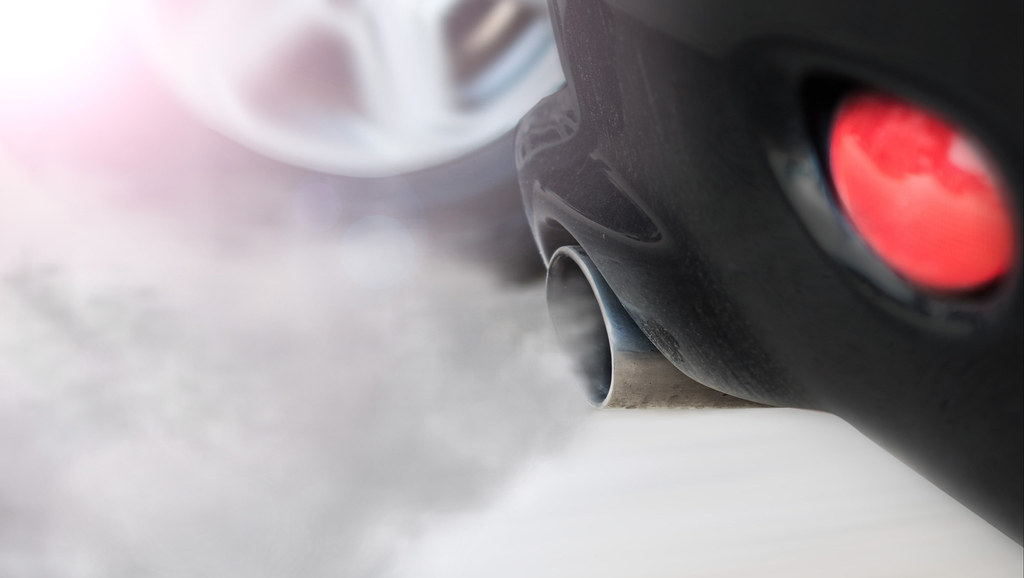In advance of this year’s Clean Air Day on 21 June, researchers from our Department of Economics with colleagues at the University of Oxford have published new research into the health costs of air pollution from cars and vans.
Their report, released today, finds that the health damage effects associated with diesel vehicle emissions are around 20 times greater than electric vehicles and at least five times greater than those associated with petrol vehicles. Exposure to PM2.5 and NOX is linked to an estimated 40,000 early deaths.
Key facts
The researchers’ in-depth analysis has found for the first time that the health impact costs are significantly higher for diesel cars and vans compared to petrol, hybrid or electric vehicles over their 14 and 9-year lifetime. In inner city areas such as inner London:
- Average cost to the NHS and society of a car is £7,714
- The health damage cost from diesel cars is £16,424 and vans £24,555
- Battery electric cars and vans are as little as £827 and £1,443 – the lowest cost
- Petrol damage costs are £2,327 and £10,101 for cars and vans, respectively
- Petrol hybrids cars have a damage cost of £1,824
- Nearly 90% of the total £6 billion bill caused by emissions to the NHS and wider society comes from the impact of diesel emissions
Coordinators of Clean Air Day, the charity Global Action Plan, have also produced a league table of English regions that contribute the highest and lowest costs of vehicles to the NHS. London and Birmingham top this league table with London’s vehicles bill to the NHS totalling £605 million per annum, and Birmingham £150 million per annum.
The following table provides an overview of the ranked urban areas in England based on information from the vehicle licensing statistics from the Department of Transport that indicate the number of cars registered to that area:
| Region | Total annual health cost from cars | |
|---|---|---|
| 1 | London | £650,415,549 |
| 2 | Birmingham | £149,705,369 |
| 3 | Leeds | £76,642,262 |
| 4 | Milton Keynes UA | £76,320,631 |
| 5 | Swindon UA | £56,959,390 |
| 6 | South Gloucestershire UA | £49,453,610 |
| 7 | Peterborough UA | £48,925,453 |
| 8 | Slough UA | £42,403,509 |
| 9 | Sheffield | £38,587,781 |
| 10 | Cheshire East UA | £37,959,860 |
Dr Alistair Hunt, Lecturer in Environmental Economics, explains: “Our research for the first time illustrates the individual cost that each car and van has on the NHS and wider society. Every time these vehicles are driven, they are having a significant impact on our health, equivalent to £7,714 for an average inner London car over its lifetime.”
Dr Christian Brand, Associate Professor, University of Oxford and UK Energy Research Centre, said: “Cars and vans are responsible for 10,000 early deaths each year, and diesel vehicles are the main problem unfortunately. The valuation of health effects associated with diesel vehicles are at least five times greater than those associated with petrol vehicles, and around 20 times greater than battery electric vehicles. These results raise important questions as to how best to develop effective and fair air quality and transport strategies in urban areas.”
Global Action Plan
Chris Large, Senior Partner, Global Action Plan said: “This report clearly illustrates the true cost of air pollution from each petrol and diesel car and van, particularly in inner cities. Swapping 1 in 4 car journeys in urban areas for walking or cycling could save over £1.1 billion in health damage costs per year. Switching 1 million cars from diesel to electric would save more than £360 million per year in health costs from local air pollution. This demonstrates the impact that people’s individual choices can have, so we would look to the government to use Clean Air Day as a springboard for year round public engagement through it’s new clean air strategy.”
The research for the first time generated location-specific per vehicle costs calculated for cars and vans. They used the DEFRA and COMEAP impact analysis, alongside fleet make up, pollutant emissions and miles driven to create a robust model of individual vehicle damage costs.

